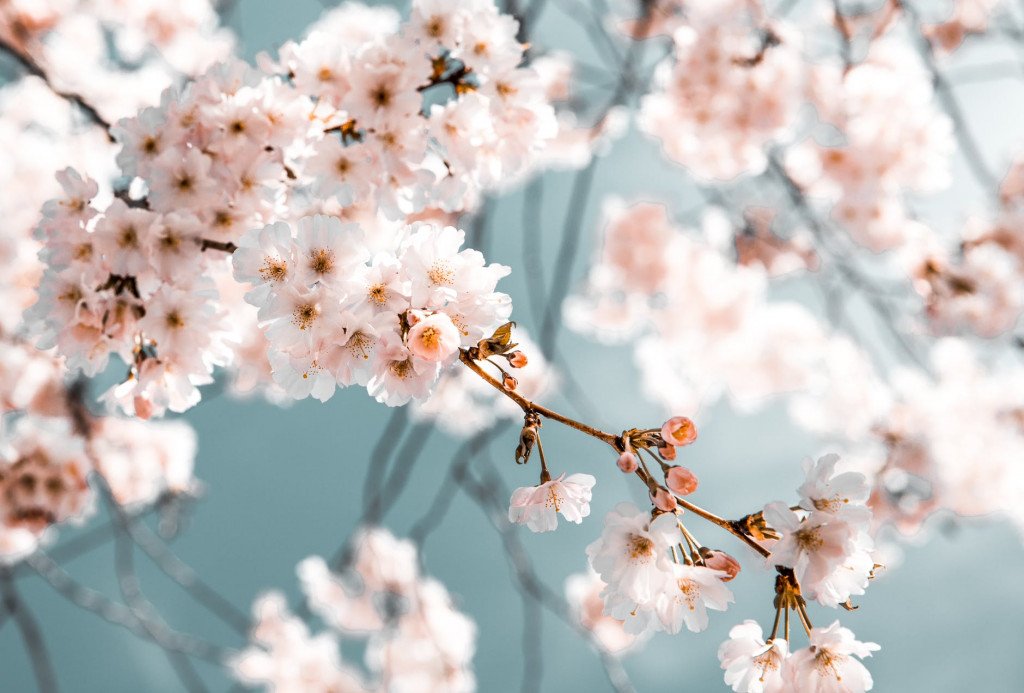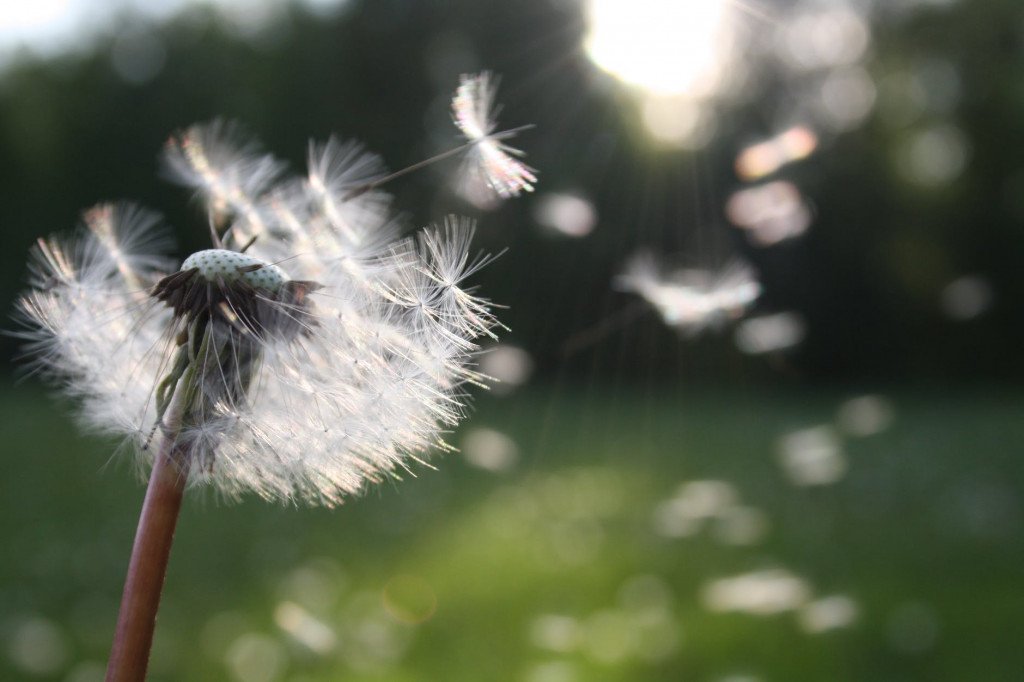Springtime. What a glorious time of the year. With the warmer weather, blossoming trees and the lengthening of our days. However, if you experience the symptoms of hay fever, you may not have your positive pants on!
Can you relate?
Do you experience itchy eyes, a runny nose, sneezing, congestion, sleeping difficulties, hives, itchy throat and a whole list of other unpleasant symptoms? We hear you.
If you are not sure exactly what hay fever is or whether you experience hay fever, it is an allergic reaction to allergens such as dust, dander and pollen. With pollen being at peak during spring.

Common symptoms include:
- Congestion
- Post-nasal drip
- Excess mucus production
- Sneezing
- Runny nose
- Itchy, watery eyes
- Scratchy throat
- Tickle/irritation in the ears
- Decreased concentration and focus
- Decreased decision-making
- Exhaustion and sleep disorders
- Mood swings
- Irritability
- Low blood pressure
- Asthma
- Hives
- Eczema
- Middle ear infections
It’s very common to look to antihistamines, corticosteroids, decongestants, or over the counters allergy medications to address springtime symptoms. The downside is that they often come with some pretty nasty side effects.
However, adjusting lifestyle habits, dietary changes, natural supplements and herbal medicines, can help manage even severe hay fever symptoms.
Here are some things to consider if you experience hay fever symptoms:
- Keep your windows closed at times when the pollen count is highest (usually in the early morning and evening) to prevent pollen entering your home and triggering your symptoms.
- Reduce your intake of histamine-triggering foods and drinks, such as coffee and alcohol (especially beer, cider, and wine, which contain high histamine levels). Histamine is the chemical your immune system produces when exposed to allergens, responsible for the swelling and itching in your nasal passages and eyes. However, it is also found in some foods and drinks, and avoiding these may help reduce your symptoms.
- Supporting the immune system is key. Increase immune boosting foods and foods and include foods that generate some heat to allow mucus to be express. Garlic, onion, ginger, cinnamon, cayenne pepper. Be sure to include pre and probiotic rich foods such as sauerkraut, kimchi, natto and kombucha as well as your foundational organic (where possible) fruit and vegetables. Read more on boosting your immune system here!
- Minimise pollen being spread throughout your house, by vacuuming your house frequently showering, washing your hair and changing your clothes as soon as you get home. This can help keep pollen from triggering your symptoms. Be sure to use toxic free natural cleaning products throughout your home! Choose a vacuum that has a HEPA filter for better results.
- Wash your bed sheets frequently and at a high temperature to remove pollen that may have made its way into bed on your clothes, hair, or through your window. Dry your sheets indoors to prevent pollen sticking to them as they dry.
- Essential oils such as eucalyptus, lavender and peppermint oil, can help to open up the nasal passages and lungs, improves circulation and relieves stress.
- Consider investing in a high quality supplement from your health care practitioner. Taking various supplements may help to improve the balance of bacteria in your gut and boost your immune system. This can assist in reducing the occurrence of allergy symptoms and hay fever.
If hay fever is a yearly issue for you….
Then be sure to book an appointment with our Naturopath Candace Borg to give yourself a head start before the warmer weather sets in. Candace can assist you with many natural alternatives help reduce your seasonal allergies so you can rejoice in springtime again!
This blog was inspired and created with the assistance of Metagenics.

